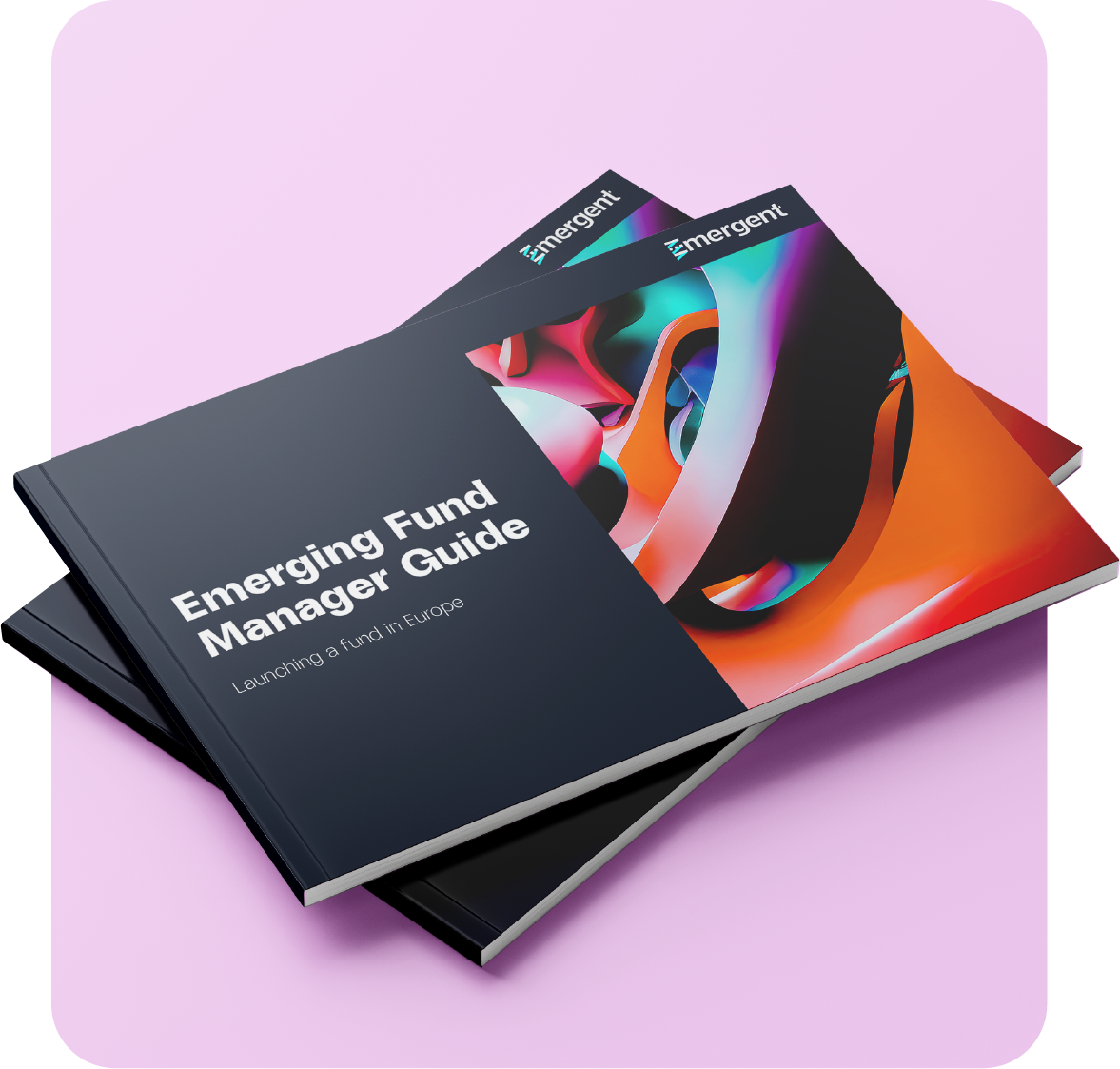Where fund managers connect – without the noise.

Emergent is a peer-led community for first-time and growth-stage fund managers across private markets. We bring together GPs, LPs and operators through off-the-record dinners, sharp content and curated introductions designed to move your strategy forward.

Why join Emergent?
A high-caliber peer network
We curate the room: fund leaders, LPs and strategic voices worth knowing. You won’t miss the right person at the right time.
Insight you can actually use
Our content and events zero in on the information that matters most. No lengthy conferences necessary.
Exclusivity without pretension
We foster a candid environment that promotes honesty, connection and mutual support.
If you’re ready to skip the fluff, join us!
Why we created Emergent
We created Emergent to help you connect with other fund managers, gain insights from peers, and network within the industry without the hassle of lengthy conferences.


Emerging Fund Manager Guide
Download our informative guide to starting, structuring and growing your independent fund. You’ll learn about important considerations for setting up your fund, keys to success in a competitive investment market and much more.
Emergent Podcasts
Discover the captivating stories and insightful conversations on our podcast series, tune in now and elevate your listening experience!
Relaxed & diverse
"The Emergent concept – bringing together a diverse group in a relaxed, informal setting – sets Emergent apart from the usual, prescribed networking events."
Andy JeanneMedicxi Ventures
Great events
"I attend so many events and very few are as free flowing, fun and filled with high calibre people."
Max MooreAlpha FX